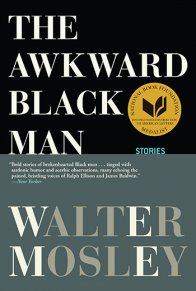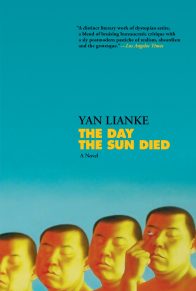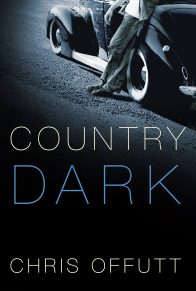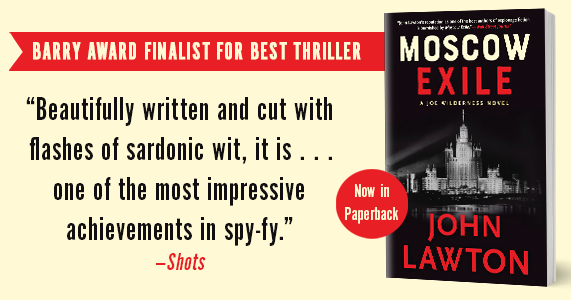Someone left her house in Jardins one hot summer evening while the smell of jacarandas and magnolias filled the heavy, humid air. The Jardins district is where the rich live, the people whose staff—cooks and gardeners—have a long way to travel, two hours or more, twice a day, to get to and from work.
Sáo Paulo is a big city. When it rains, the buses are even slower than usual.
Someone left her house, borrowed her mother’s second car and went out for a drive with the music of Bjørk—Nibelungen laments that seem out of place in the tropics—turned up full blast. She sang along with the music, but in a shrill, hysterical voice, working off a rage aimed at no one in particular and a sadness that can be traced to no particular source.
Someone drove down the Marginal, along the Tieté, past the nouveau riche houses in Morumbi, and then, without giving a thought to where she was going or what she was doing, entered forbidden territory—not Ebú-Ecú, but Paraisópolis, the very worst favela of all, a hell rather than a paradise, and fraught with danger, making it, at that moment, irresistible. Someone was not doing the driving, the car was—the car and the music. Then all of a sudden the engine died, leaving only fear and Bjørk’s high-pitched wails calling out to the wooden shacks, to the smells, to the moonlight on the corrugated-iron roofs, and to the noises coming from the cheap TVs, shouting in reply and mingling with the sounds of excited laughter, of voices coming closer and closer until they formed a circle around her and would not let her go. After that everything happened fast, too fast for her to panic or shout or run away. She no longer remembers how many of them there were, but she will always blame herself, even more than for driving into the favela, for the disgustingly poetic falsification she came up with afterwards out of sheer self-preservation: that it had been like a black cloud. She had been enveloped by a black cloud. And then she had screamed, of course, it had hurt, of course, but as her clothes were being ripped off, there had been laughter, unforgettable laughter, strident and ecstatic, a sound next to the sound welling up out of a world that had never existed for her before, a hate and a rage so deep that they could swallow you up forever, and yet just as that hysterical shriek rang out, panting voices had urged each other on—something she would remember as long as she lived. They had not bothered to kill her, but had simply left her behind as if she were rubbish. Perhaps that had been the worst thing, the way the voices had disappeared again, back into their own lives, in which she had been a mere incident. Later the police asked her what she had been doing in that area, and obviously she knew that what they were really saying was that it had all been her fault, when in fact the thing she did actually blame herself for was that humiliating lie about the cloud, because clouds don’t rip your clothes off, men do. It is men who force their way into your body and into your life, leaving behind a puzzle that you will never be able to solve. Or rather that I will never be able to solve, since that someone was me, the same me who is now on the other side of the world, lying beside a man who is as dark as they were, a man who has taken nothing of mine, who is a mystery to me and will soon go away again. I am not sure whether my being here is a good thing, though why wouldn’t it be? Because he doesn’t know why I’m here. Not the real reason anyway. And he is never going to find out. In that sense I am deceiving him.
I am here to exorcise a demon; he is here to have sex with me. Or so I assume. In any case that is what we have done. A week, he said, not longer. Then he has to go back to his mob. His mob, his clan—that is how they refer to it here. But he hasn’t told me where his mob is. Somewhere in the outback, somewhere in this country’s endless space. I have no idea what is going through his mind. Maybe he is also deceiving me. Can someone lie who scarcely says a word?
He is asleep, and when he’s asleep, he is time itself. These are the oldest people on earth, and they have lived in this country for at least forty thousand years. You can’t get any closer to eternity than that. I went for a drive one night in s’o Paulo and ended up here. Not exactly, but that is how I think of it. I shouldn’t be thinking such things, but no one can forbid me to think them. I stare at the man asleep beside me. As young as he is, he looks as though he has lived a thousand years. He is lying on the ground, curled up like an animal. When he opens his eyes, he is as old as the rocks, as old as the lizards you see in the desert, although he wears his age lightly because he moves lightly, as if he cannot feel the weight of his body. I tell myself that this is as big a lie as the other one, but that’s not true. I have become involved in something I have no control over, because my time here does not count. Every once in a while, when he and I are out in the desert—in a country that consists almost entirely of desert—when he points out things that I have failed to see, when he all but becomes the land itself and knows where to find water in places I would never be able to find it, when I feel humbled in the face of his immeasurable age, which allows him to see food where I see sand, then I think—against my better judgement—that I left my house that night in order to arrive at this place. I left the heaviness of the tropics, where all is motion and noise, to arrive at this stillness.















